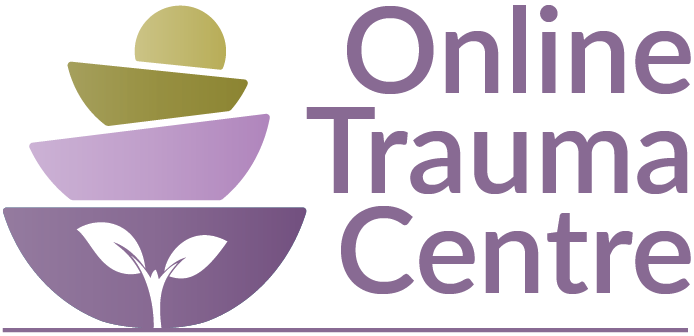Laying the Foundation for Trauma Recovery
In trauma therapy, safety and stabilisation are essential first steps. Before addressing traumatic memories directly, it’s critical to help you feel emotionally and physically grounded. Trauma can overwhelm the nervous system, making it difficult to regulate emotions or tolerate distress.
Our therapists use a variety of trauma-focused techniques to reduce symptoms of PTSD and help you feel secure. This phase of therapy builds the foundation for deeper healing by increasing emotional safety and psychological stability.
Emotion & Interpersonal Regulation
10-Week Programme for anyone looking to learn emotion regulation and improve their relationships and communication skills.
We offer a structured, evidence-based 10-week therapy programme to support individuals who struggle with emotional regulation and relationship difficulties after trauma. This programme also prepares clients for the more intensive memory processing phases of trauma therapy.
Goals of the Programme:
- Develop emotional awareness
- Learn skills to manage distress and negative emotions
- Understand when to tolerate discomfort to achieve long-term goal
- Identify unhealthy relationship patterns and build healthier alternatives
- Combine emotional regulation and interpersonal skills for better relational outcomes
Emotion & Interpersonal Regulation – Group Option
Cost-Effective, Peer-Supported Trauma Therapy
This programme is also available in a group therapy format, offering the same high-quality content at a lower cost. Group sessions create a safe, peer-supported space that fosters shared learning and validation.
Please see the group tab for more information on this and to register your interest.
Nightmares
Targeted Treatment for Trauma-Related Sleep Disturbance
If your assessment reveals that you’re experiencing post-traumatic nightmares, your therapist may recommend Exposure, Relaxation, and Rescripting Therapy (ERRT) — an evidence-based protocol designed specifically for trauma-related sleep issues.
Over the course of three structured sessions, ERRT helps you:
- Explore factors contributing to sleep disruption
- Work with the content of the nightmare in a safe, supported way
- Reduce the intensity and frequency of nightmares
- Promote more restful, uninterrupted sleep
This approach supports both emotional recovery and improved sleep quality — essential components of trauma healing.
Dream Completion Technique
If you are experiencing nightmares now then you can try the dream completion technique today by visiting the link below and following the guidance:
The Rewind Technique
A Non-Intrusive Approach to Trauma and PTSD
Developed by Dr. David Muss, the Rewind Technique is an effective therapeutic method for treating PTSD and trauma-related phobias. Commonly used during Phase 1 or 2 of trauma therapy, it offers a gentle, non-intrusive way to process traumatic memories.
This technique enables you to view the traumatic event from a safe, detached perspective. By imagining the memory being “rewound” and “fast-forwarded,” the brain is guided to reprocess the experience, which in turn reduces its emotional intensity and impact.
The Rewind Technique is particularly helpful for individuals who find direct exposure therapy too distressing, offering a more accessible path toward healing.
Flash Technique (FT)
Our therapists are trained in both the standard and advanced applications of the Flash Technique (FT) — a trauma-focused intervention designed to rapidly reduce the emotional distress linked to traumatic memories.
Originally developed by Dr. Philip Manfield and colleagues, the Flash Technique is often used as a gentle alternative or precursor to EMDR therapy. It allows clients to begin processing trauma without directly engaging with the traumatic memory, making it especially helpful for those who feel overwhelmed by traditional exposure methods.
This technique is effective, research-supported, and provides a safe entry point into deeper trauma work.

